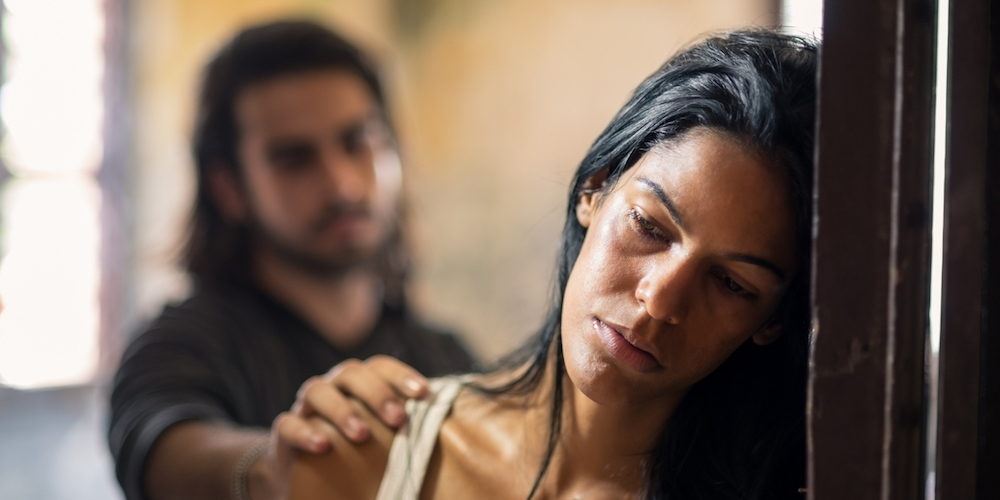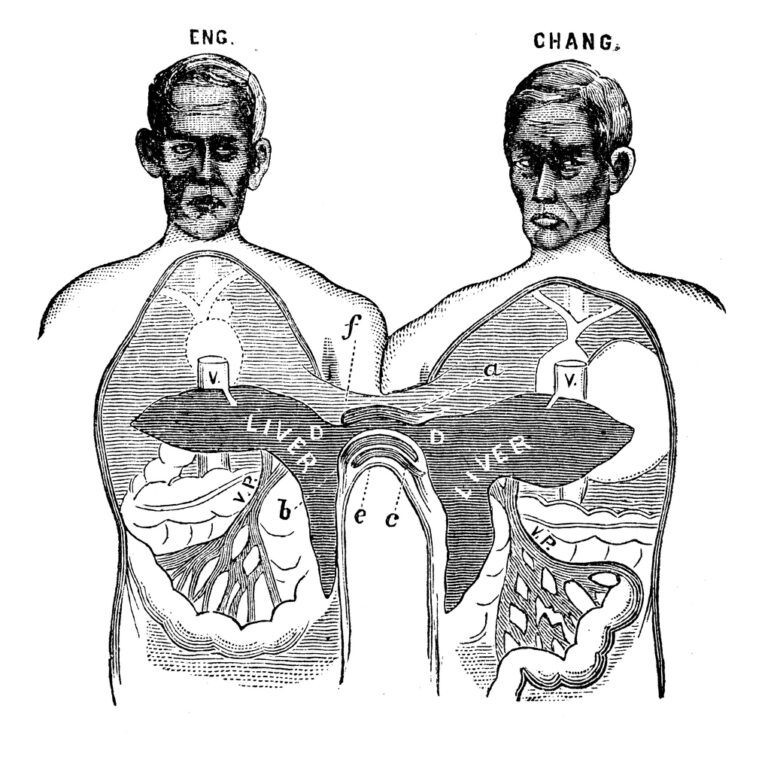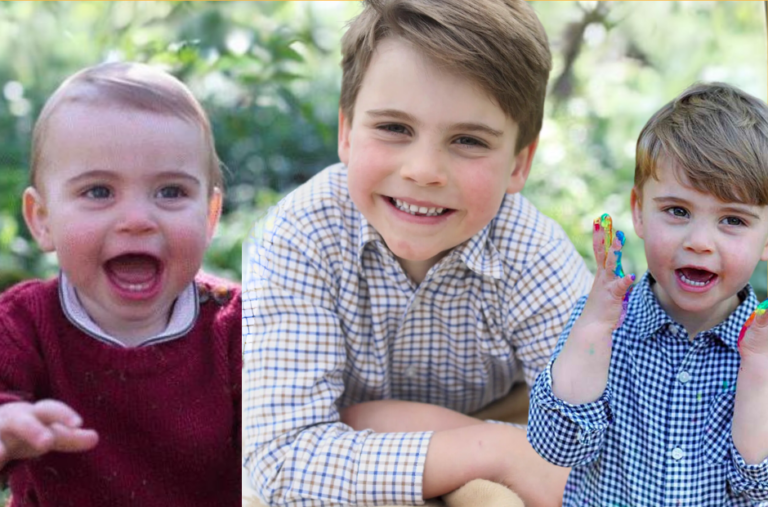October was a particularly harrowing month for domestic violence in Australia. Nine women were killed — seven allegedly in the context of a current or former intimate relationship.
These sad statistics are well above the national average of one woman killed per week by a current or former partner.
New research released this week has revealed older Australians are much more likely to recognise all forms of domestic violence than younger generations, indicating a concerning lack of awareness of the many signs of domestic abuse among young Australians.
The research found that while 81% of respondents over 65 years old recognised indicators of social abuse (such as a man texting his partner incessantly to check up on where she is and who she’s with), only 40% of Australians aged 18-24 recognised these signs. These statistics are particularly significant as cases of technological abuse become more common, with smart devices and applications enabling perpetrators to track, monitor and control their partners in increasingly aggressive ways.
Recognition of economic or financial abuse similarly revealed a significant gap between the generations, with 86% of survey respondents over 65 recognising signs of economic abuse, compared to only 67% of Australians aged 18-24. Across all age groups, women were far more likely to recognise economic abuse than men, with 82% of women identifying economic violence compared to 67% of men.
In the context of this new research revealing a generational divide in Australians’ recognition of the signs of domestic violence, leading domestic violence support service provider BaptistCare is launching a public awareness campaign called ‘More Than Skin Deep’.
“This highlights the urgent need for greater investment in education for young Australians about healthy relationships and how to identify and respond to abusive behaviours. We know abusive patterns in relationships can start with seemingly minor changes in behaviour and rapidly escalate to more dangerous, sometimes fatal situations,” says BaptistCare General Manager of Community Services, Robert Ellis.
“In many cases, where women have been murdered by their current or former partner, it has been the first time that person exhibited physically violent behaviour, but in retrospect there are often warning signs. The partner may have successfully isolated the woman from her friends and family, taken control of her finances, or chipped away at her confidence and self-worth. If we want to end the cycle of violence, younger generations need to be more aware of those early warning signs.”
Despite gaps in recognition, millennials (respondents between 18 and 34) were the most likely to think that tougher laws are needed to combat domestic violence, compared to about a quarter of Baby Boomers (55 and older).
Tellingly, only 26% of respondents said they would be likely to confront a family member if they were perpetrating domestic violence against their partner.
“Awareness of domestic violence as a national crisis in Australia has definitely improved in recent years but people clearly lack the knowledge to identify and respond to abuse. Over the years we’ve helped thousands of women and children fleeing domestic violence and often the people around them have no idea anything is wrong, or they’ve been unsure of whether to step in. This leaves women wrestling with these problems in isolation, keeping up a façade of normalcy,” says Ellis.







